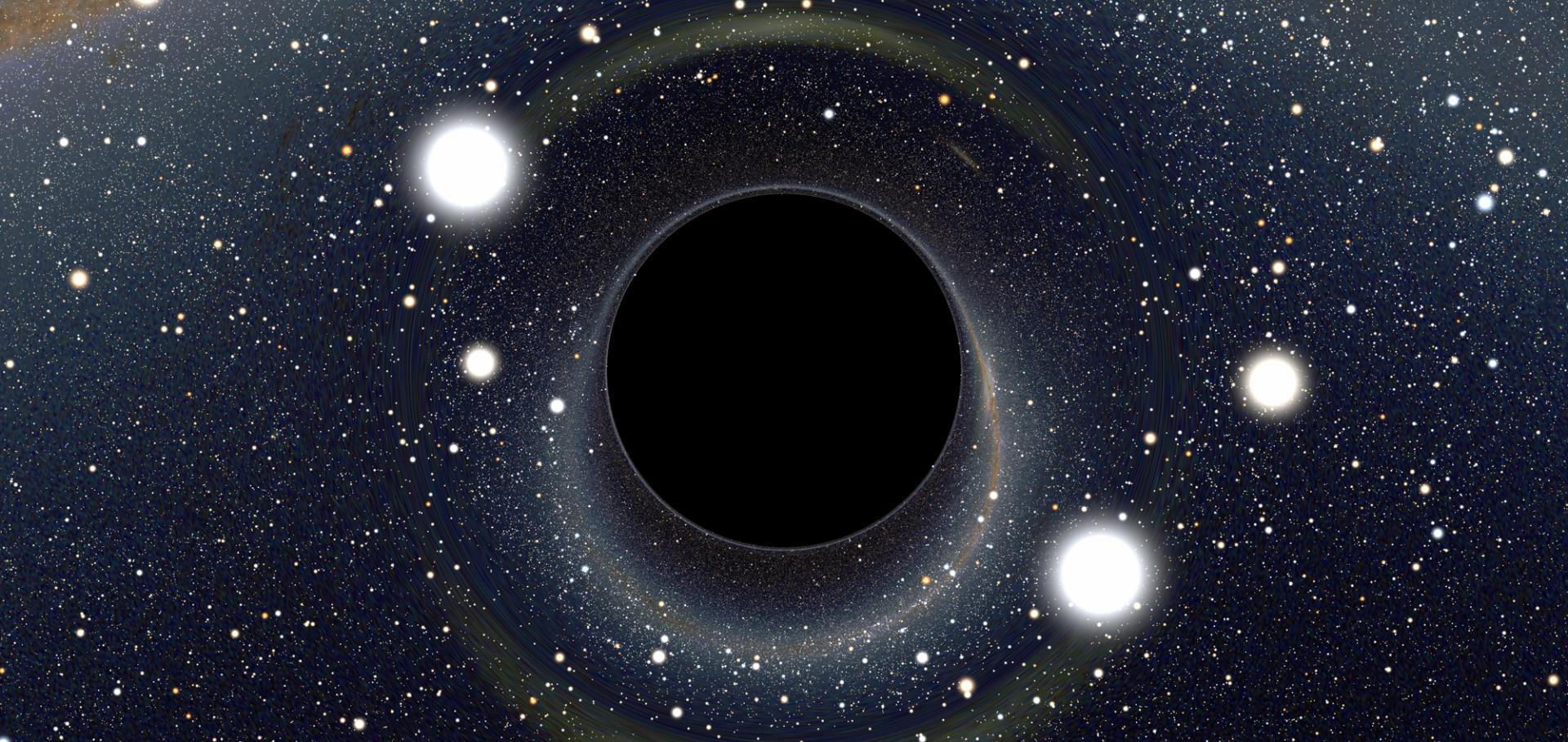The phenomenology of beyond Horndeski gravity
Journal of Cosmology and Astroparticle Physics IOP Publishing 2019:8 (2019) 035
Abstract:
We study the phenomenology of the beyond Horndeski class of scalar-tensor theories of gravity, which on cosmological scales can be characterised in terms of one extra function of time, βH, as well as the usual four Horndeski set of free functions. We show that βH can be directly related to the damping of the matter power spectrum on both large and small scales. We also find that the temperature power spectrum of the cosmic microwave background (CMB) is enhanced at low multipoles and the lensing potential is decreased, as a function of βH. For a particular choice of time dependence we find constraints on βH of order (1) using measurements of the temperature and polarisation of the CMB, as well as the lensing potential derived from it, combined with large scale structure data. We find that redshift space distortion measurements can play a significant role in constraining these theories. Finally, we comment on the recent constraints from the observation of an electromagnetic counterpart to a gravitational wave signal; we find that these constraints reduce the number of free parameters of the model but do not significantly change the constraints on the remaining parameters.Cosmological Tests of Gravity
Chapter in , Annual Reviews 57:1 (2019) 1-40
The Novel Probes Project -- Tests of Gravity on Astrophysical Scales
(2019)
Forecasts for low spin black hole spectroscopy in Horndeski gravity
Physical Review D American Physical Society 99:10 (2019) 104082


